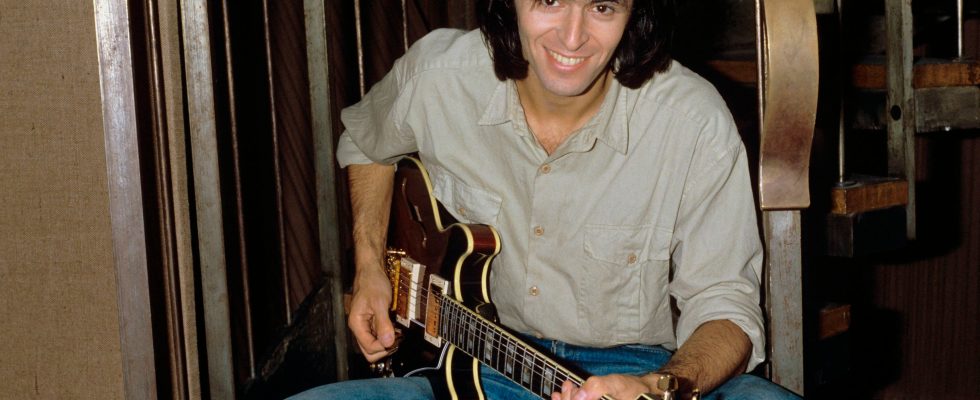Since 1988, Ifop has produced an annual barometer establishing a ranking of the 50 favorite personalities of the French. In a way, these studies allow us to get an idea of the rules that govern popularity in France and the way in which they are changing. One observation first, and which has hardly changed since this barometer existed: the low presence of women. They only constitute 36% of the sample in 2024. The first of them, the actress Sophie Marceau, occupies 15th place after having sat in 23rd position the previous year. Things are even more marked if we focus, whatever the variable considered, on the first ten places: we find no women there. This is true when we only take into account the vote of men, but it is also true for that of women themselves! Young people aged 15-24, known to be more sensitive to gender inequalities, are no exception.
And what about the political variable? At Les Républicains, we don’t find a single woman either. And among people on the left? No more. A remarkable exception: the National Rally. Yes, but it’s Marine Le Pen. Ditto for the presidential majority… but it is Brigitte Macron. In this vein, another obvious observation: politics no longer receives popular votes. The only one to be present in this category is Jordan Bardella (30th). This was not always the case; in 1988, there were 14 of them in the top 50, or almost a third of the workforce: Mitterrand, Marchais, Barre, Chirac, Le Pen…
The spirit of the times
The most astonishing thing, so astonishing that it goes a little unnoticed, is the place of entertainment protagonists in this ranking. In fact, they represent 92%. A rate which is not affected by the gender, age group or political sensitivity of the respondents. What changes this overwhelming proportion the most is the spirit of the times. Thus, for the first twelve years of this barometer, it was Abbé Pierre and Commander Cousteau who competed for first place. Today, whether they come from cinema, song or television, these entertainment professionals devour, like ogres, the greatest part of our collective affection. Those who have ambiguous statuses (cooks in particular) only appear in this ranking because they have become television phenomena. It seems to me that the people who are applauded in the contemporary world say, through their profession, their identity or their way of standing in public space, something about the priorities of our time. What would these rankings have looked like if they had been carried out in the 19th century? Impossible to say, of course, but today, where are the scientists, the great doctors, who do not appear despite the recent pandemic? What about the great inventors, the entrepreneurs? Where are the heroes? Nothing.
A persistent mystery remains: the obsessive presence of Jean-Jacques Goldman for years on the podium, and most often in first place, like today. Certain personalities, who could be said to be “polarized”, enjoy a popularity which is as much due to their notoriety as to controversies which provide them with a form of partisan support, such as the singer Michel Sardou. But Goldman says nothing. He’s a media ghost. We all remember him, so he seems present, but he is protected by the purity of his absence.
These personalities are symptoms of our collective compulsion for entertainment, because while many on this list have talent, that’s not what’s being applauded. It’s something else: it’s more of an artifact that sits at the crossroads of visibility capital and personality traits that we believe we can attribute to them. This affection from which they benefit does not reveal their quality, but rather the obsessive gaze that we have on them. All this reveals an abysmal void. And what better name than with this quote from the famous pop art artist Andy Warhol: “I am best known for my notoriety.”
.
